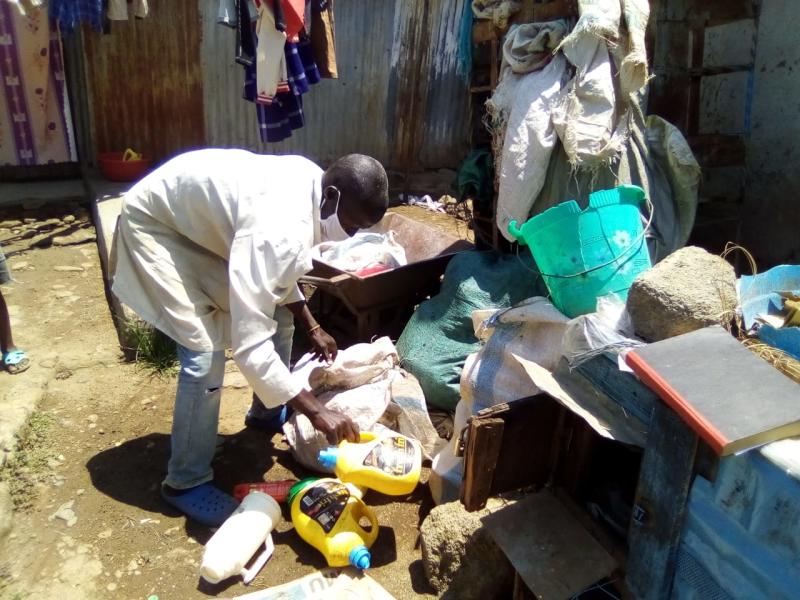×
The Standard e-Paper
Join Thousands of Readers

Unemployed youths in Kisumu County are venturing into solid waste management to earn a living.
About 500 youths from Obunga, Nyalenda and Manyatta slums are now gainfully employed from dealing with hazardous solid wastes generated from more than 5,000 households.